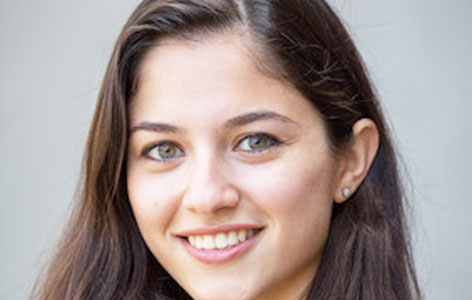
Conference: American Heart Association Scientific Sessions, November 10-12, 2018, Chicago, Illinois, United States of America.
Conference Highlight: This year’s conference provided a platform for clinical and postdoctoral fellows, graduate students, medical professionals and world- renowned research scientists to discuss cardiovascular disease at both the clinical and basic science levels.
Conference Summary: The American Heart Association (AHA) conference is the largest annual cardiovascular research meeting in the world. It excels at enabling trainees and experts to collaborate, discuss and reflect on the current state of basic and clinical cardiovascular research.
This year there were plenty of talks and sessions that delved into the latest findings in this field. The session on mechanisms of cardiac repair and regeneration focused on the current state of stem cell research in light of 31 peer-reviewed articles that have recently been retracted. Roberto Bolli, the editor-in-chief of Circulation Research, ensured the audience that despite the lack of evidence for endogenous cardiac stem cells, the role of bone marrow derived stem cell therapy through multiple injections in patients suffering from chronic heart failure is well established. The session concluded that stem cell therapy could perhaps exert a systemic effect by reducing total body inflammation and in doing so lead to improved cardiac function after myocardial infarction.
Another interesting area of research relevant to cardiac regeneration was the session on modulating the immune system to improve cardiac repair post-infarct. Splenic leukocytes have been shown to modulate inflammation in the setting of myocardial injury. In particular, neutrophils, monocytes and macrophages have been shown to migrate to the scar region, while T-lymphocytes have been shown to prevent fibrosis. This suggests that by modulating the immune system, one can potentially modify the response to myocardial injury post-infarction. Together, these sessions highlighted the new trends in cardiac regenerative therapy towards the systemic, immune modulatory effects of cell-based and cell-free therapies.
Overall, this year’s session shed light on the great strides made to advance cardiovascular disease research, while hinting at the many more developments that still are on the horizon.




